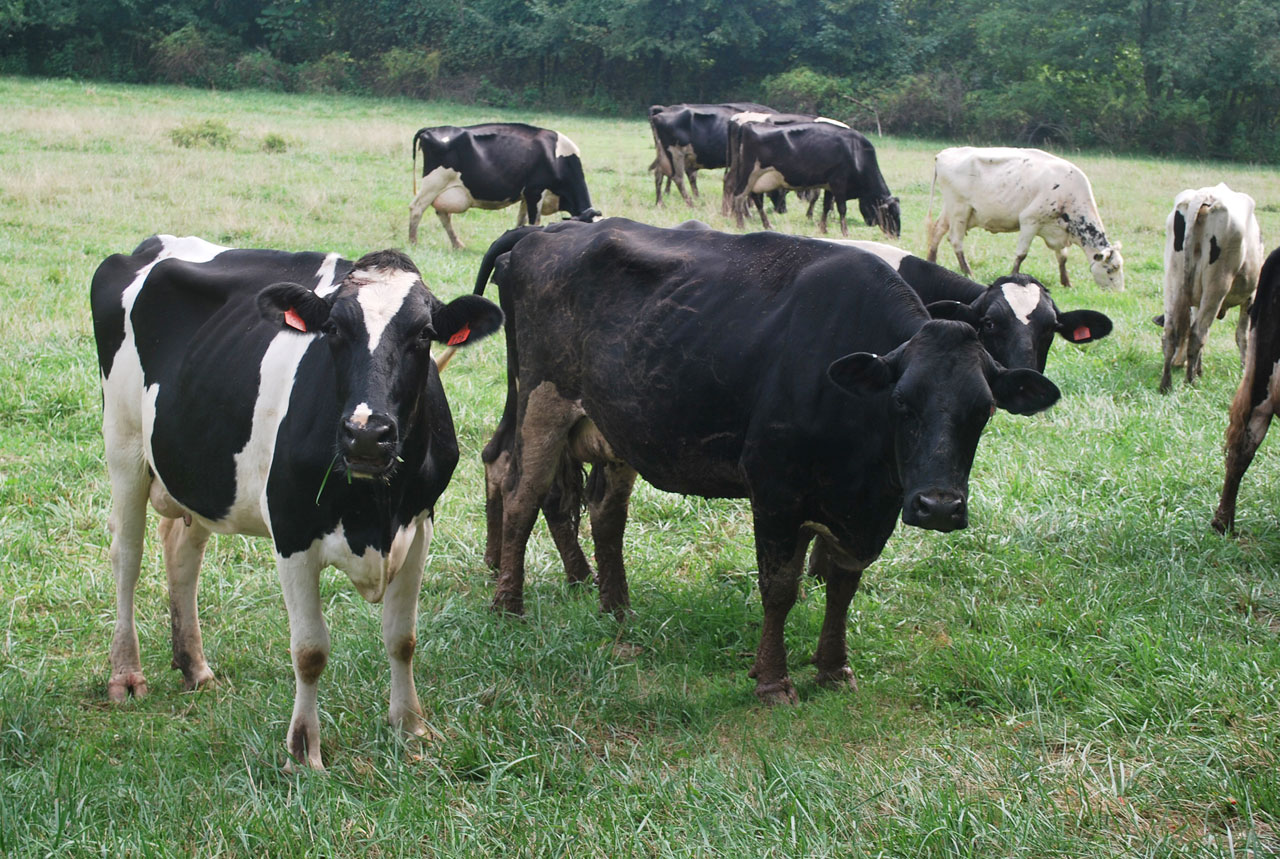
Friday, August 21, 2020 - Vesicular stomatitis virus (VSV) is a viral disease that primarily affects horses. However, it c an also impact cattle, sheep, goats, pigs, llamas, and alpacas. What began as an outbreak in south-central Kansas in mid-June has now moved north and east across the state. While the vast majority of confirmed cases have been in horses, the Kansas Department of Ag (KDA) says some cattle have also been diagnosed. It is advising the beef industry to be vigilant in monitoring cattle for symptoms.
an also impact cattle, sheep, goats, pigs, llamas, and alpacas. What began as an outbreak in south-central Kansas in mid-June has now moved north and east across the state. While the vast majority of confirmed cases have been in horses, the Kansas Department of Ag (KDA) says some cattle have also been diagnosed. It is advising the beef industry to be vigilant in monitoring cattle for symptoms.
In horses, VSV is typically characterized by lesions that appear as crusting scabs on the muzzle, lips, ears, coronary bands, or ventral abdomen. Fever and blister-like lesions in the mouth and on the dental pad, tongue, lips, nostrils, ears, hooves, and teats are also signs of the disease.
Animals that are infected may refuse to eat and drink. VSV is also painful for affected animals, and it can be costly to their owners.
While experts say it is rare, humans can be infected with the disease when handling sick animals and may develop flu-like symptoms.
VSV is a reportable disease in Kansas. If you see any clinical signs in your animals, contact your veterinarian immediately. By reporting and responding to animals infected with VSV, accredited vets are playing a critical role in combating the disease.
The primary way the virus is transmitted is from biting insects like black flies, sand flies, and midges. Robust measures to reduce flies and other insects where animals are housed should be implemented. In addition, VSV can be spread by nose-to-nose contact between animals.
The virus usually lasts five to seven days. However, it could take up to an additional seven days for an infected animal to recover from the symptoms. There are no approved vaccines for VSV.
As of July 31, 2020, these were the updated numbers on the VSV outbreak in Kansas:
- Total premises testing positive for VSV:97
- Premises currently under quarantine:51
- Premises released from quarantine:157
- Total counties with positive cases of VSV:24
- Counties impacted:Allen, Bourbon, Butler, Chase, Cherokee, Coffey, Cowley, Crawford, Elk, Franklin, Greenwood, Labette, Linn, Lyon, Marion, Miami, Montgomery, Morris, Neosho, Riley, Sedgwick, Sumner, Wilson, and Woodson
KDA is also waiting for lab results from symptomatic animals in other counties as the outbreak continues to spread. All premises with confirmed VSV cases in horses and cattle have been quarantined. If any premises have animals showing clinical signs of VSV, they are also being placed on quarantine. A quarantine lasts for at least 14 days from the onset of symptoms in the last animal, and it cannot be lifted until a veterinarian examines all susceptible animals on the premises.
The virus has also been confirmed in Arizona, Arkansas, Missouri, Nebraska, New Mexico, Oklahoma, and Texas. Because of the confirmed cases in Kansas, other states and Canada are likely to increase restrictions on the import of livestock.
Before traveling to another state, animal health officials strongly encourage all livestock owners and veterinarians to call the animal health authority of their destination for the most up-to-date import requirements.
Learn More Here